- Home
Page 2
Page 2
 Windmills of the Gods
Windmills of the Gods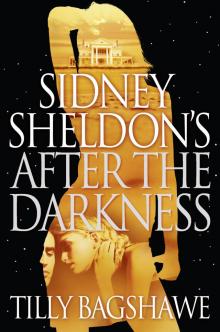 After the Darkness
After the Darkness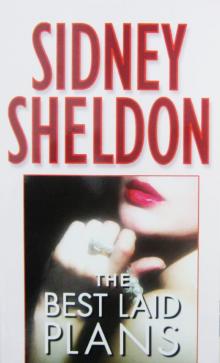 The Best Laid Plans
The Best Laid Plans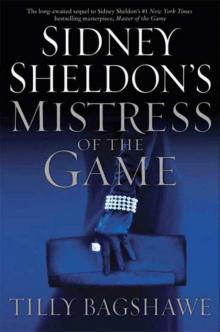 Mistress of the Game
Mistress of the Game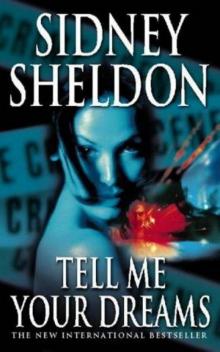 Tell Me Your Dreams
Tell Me Your Dreams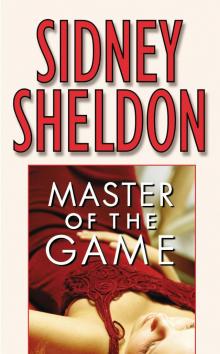 Master of the Game
Master of the Game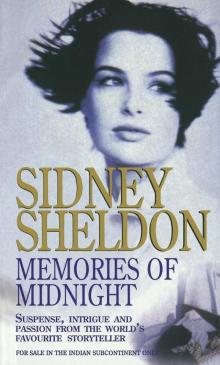 Memories of Midnight
Memories of Midnight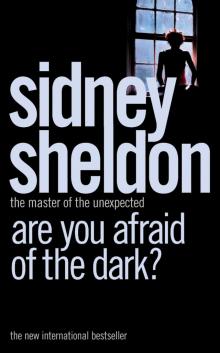 Are You Afraid of the Dark?
Are You Afraid of the Dark?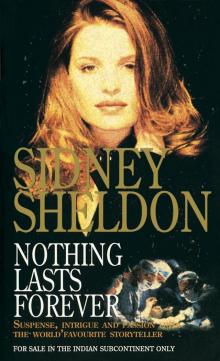 Nothing Lasts Forever
Nothing Lasts Forever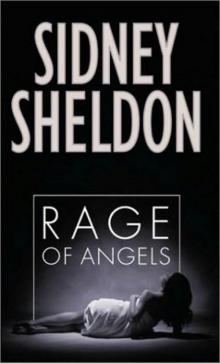 Rage of Angels
Rage of Angels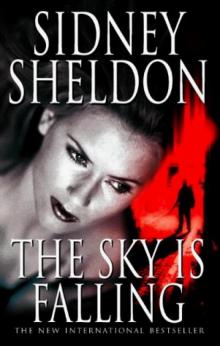 The Sky Is Falling
The Sky Is Falling The Sands of Time
The Sands of Time Morning, Noon and Night
Morning, Noon and Night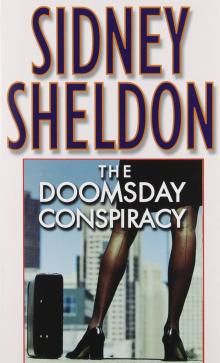 The Doomsday Conspiracy
The Doomsday Conspiracy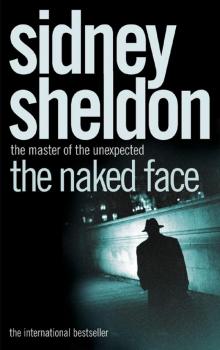 The Naked Face
The Naked Face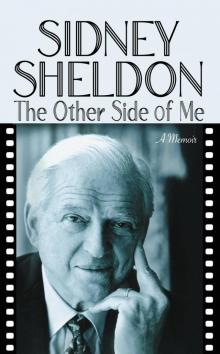 The Other Side of Me
The Other Side of Me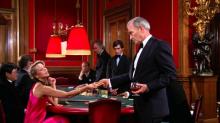 Bloodline
Bloodline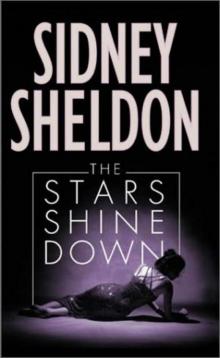 The Stars Shine Down
The Stars Shine Down The Other Side of Midnight
The Other Side of Midnight A Stranger in the Mirror
A Stranger in the Mirror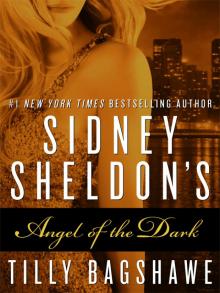 Sidney Sheldon's Angel of the Dark
Sidney Sheldon's Angel of the Dark Sidney Sheldon's the Tides of Memory
Sidney Sheldon's the Tides of Memory The Phoenix
The Phoenix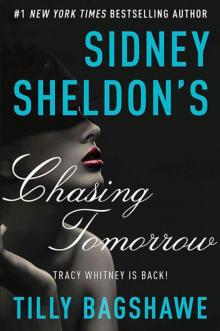 Sidney Sheldon's Chasing Tomorrow (Tracy Whitney)
Sidney Sheldon's Chasing Tomorrow (Tracy Whitney)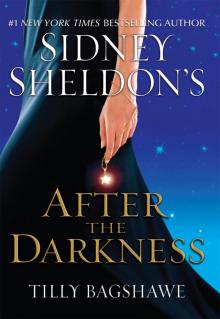 Sidney Sheldon's After the Darkness
Sidney Sheldon's After the Darkness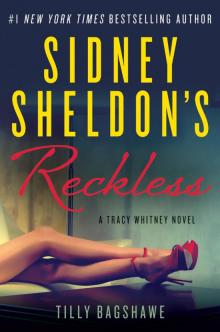 Sidney Sheldon's Reckless
Sidney Sheldon's Reckless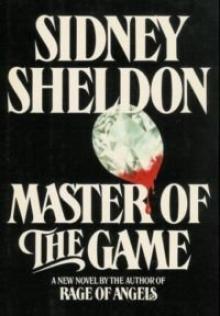 Master of the Game motg-1
Master of the Game motg-1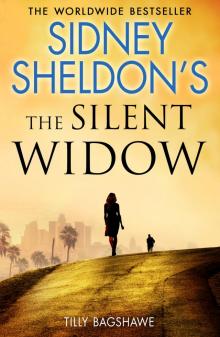 Sidney Sheldon's the Silent Widow
Sidney Sheldon's the Silent Widow Morning, Noon & Night
Morning, Noon & Night